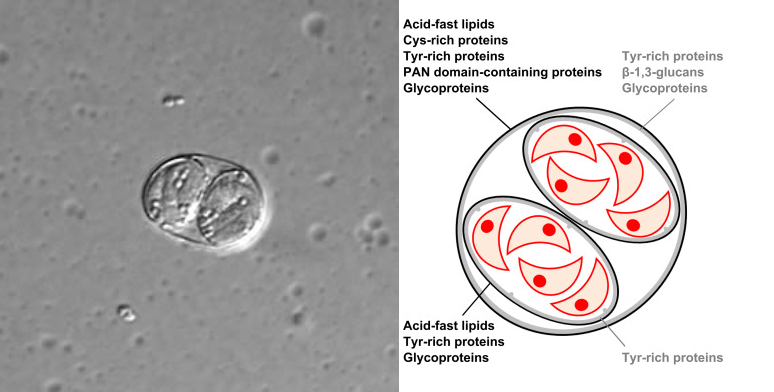I declare my bias/interest: I am for the cat and against science which either purposefully or inadvertently maligns the cat. The question in the title is very big and very bold. The answer is that we don’t know, at present. However, quite a few scientists are investigating whether the domestic cat inadvertently is linked to psychosis risk in adulthood. There’s a new study on the Internet titled: “Cat ownership in childhood linked to psychosis risk in adulthood” (lead scientist: Dr Vincent Paquin). I think that the title is misleading. When you read the abstract i.e. the summary to the study, the lead scientist reports that “rodent-hunting cat ownership was associated with higher psychotic experiences in male participants”. To be clear, they appear to have found a possible link between adult men and childhood exposure to indoor/outdoor cats. And that exposure to cats means an exposure to the Toxoplasma gondii protozoan parasite. Why men and not women?

What’s interesting is that a report on the study on the Medscape website distorts the conclusions of the study on Science Direct, which is not unusual. This is because the title does not refer to the difference between males and females. The study looked at various factors which might cause psychosis in adult humans one of which is head trauma. The other factors studied were winter birth, residential moves in childhood and tobacco smoking. Of all the risk factors, head trauma in childhood must be the most likely to cause psychosis in adulthood.
The more than 2,000 adult human participants in the study had to fill in a questionnaire about their past life including their childhood. And they had to decide, it seems to me, whether they suffer from psychotic experiences. So, this study was based upon a questionnaire to the participants who I presume the scientists relied upon to be honest and objective.
There are weaknesses in the study right away and the summary is that the findings “suggest childhood cat ownership has conditional associations with psychotic experiences in adulthood”. So, the link between psychosis in adult humans and living with a cat when a child is conditional upon other factors. And, I guess, it is conditional upon whether the child had a traumatic accident causing a head injury!
What I’m getting at is that this study adds confusion to an already confusing situation. However, there are scientists who are trying to pin down the connection between Toxoplasma gondii in domestic cat and mental health issues in humans. But they haven’t achieved it yet.
One scientist who would agree with me is James Kirkbride, PhD, Professor of psychiatric and social epidemiology, University College London, UK. He is the lead author of a 2017 study that showed that there was no link between cat ownership and serious mental illness. That study included nearly 5,000 people born between 1991-1992. It is said that in his study they found “no link between psychosis and cat ownership during pregnancy or at ages 4 or 10 years.”
And Kirkbride states that “Researchers have long been fascinated with the idea that cat ownership may affect mental health. This paper may have them chasing their own tail.”
The study that he is referring to is the one I’m referring to led by the scientist Dr Vincent Paquin. Kirkbride is saying that the Paquin’s study does not clarify the situation whether there is a link and that they’re simply going around in circles trying to find one.

Another scientist who commented on the Paquin study said that it is “an interesting addition to the studies of cat ownership in childhood as a risk factor for psychosis.”
Note the phrase “risk factor”. This is open-ended. It is simply saying that there might be a risk of developing psychosis. It is not saying that there is a definite link. And I’m told that there are about 10 published studies on this particular topic. About 50% of them suggest a link between cat ownership and psychosis later in life according to E. Fuller Torrey MD. This implies that the remaining 50% did not find a link.
We have to conclude, therefore, that at this moment in time no conclusive link has been found. And why did the Paquin study find a connection between male psychosis and not female psychosis and cat ownership during childhood? How can that difference be explained? Is it perhaps more likely that males suffer from head trauma and therefore this distorts the findings?
As a layperson, it seems to me that head trauma is far more likely to be the primary factor for psychosis in adulthood. And as head trauma was part of this study, it seems that it drowns out the possibility of connection between cats and psychosis. I’m unable to read the full study and therefore have to comment on the summary only.
Paquin admits that his study produces a small piece of evidence “that there might be combinations of risk factors at play”. The whole process is muddled for me. There is nothing clear about this study. It does not further the argument one way or the other as to whether the Toxoplasma gondii protozoan which can be transmitted to people through cat faeces in which there might be oocysts of this protozoan, causes mental health issues in cat owners.
Below are some more articles on this zoonotic disease.

